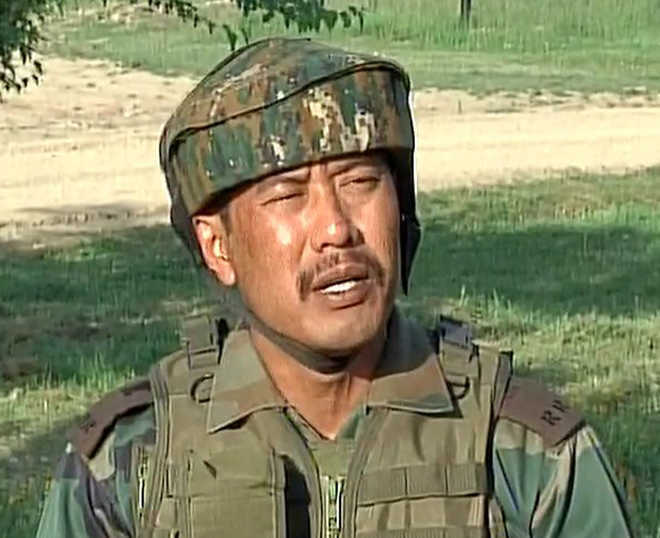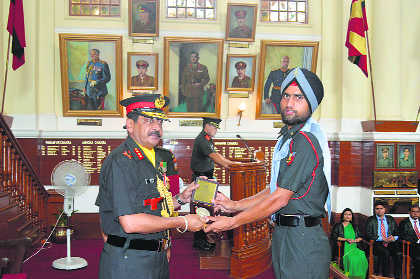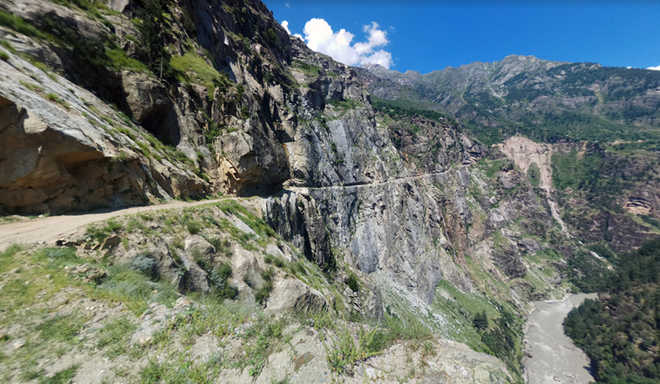
Dipender Manta
Tribune News Service
Mandi, June 28
The people of the Pangi region in Chamba district are facing the problem of poor mobility between Keylong in the tribal district of Lahaul Spiti and Killar in Chamba district because of poor road condition. The road is narrow and bumpy due to which Himachal Road Transport Corporation is finding it tough to run its new model buses (star buses) on the route. The star buses are bigger in size as compared to the old buses.Regional Manager of the HRTC at Keylong Mangal Chand Manepa said a trial of 37-seater star bus was conducted on this route. During the trial the roof of the bus got stuck with rock cliffs at several places.Talking to The Tribune, Manepa said, “During the trial of a star bus on this route it was found that the road was not suitable for its plying. At several places the rooftop of the bus got stuck with cliffs on the roadside, which may pose a threat to the commuters for safe traveling. However, when we removed the carrier of the bus the trial was smooth.”“The old model buses are not in good condition but we have adequate number of new model star buses. To facilitate the people of Pangi region with better transportation facility we have urged the Border Roads Organization to widen this road”, he said.A large number of tourists and people from Lahaul and Pangi region use this 140-km-long road for travelling in summer season either to visit Lahaul or Chamba or vice versa.But bad condition of this road makes the journey tedious and risky.The Regional Manager stated that the HRTC wanted to run the 47-seater star bus service on this route to cope up with the rush of passengers provided the BRO develops the road for smooth travel. BRO Commander Colonel AK Awasthi was not available for the comment.Bus trial on the routeRegional Manager of the HRTC at Keylong Mangal Chand Manepa said a trial of 37-seater star bus was conducted on this route. During the trial the roof of the bus got stuck with rock cliffs at several places.





















































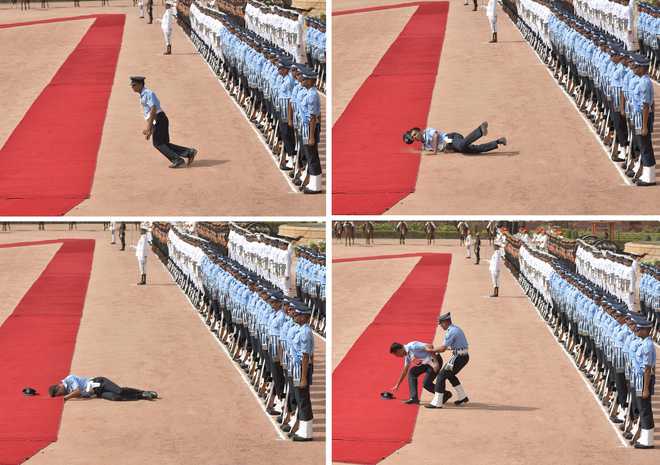
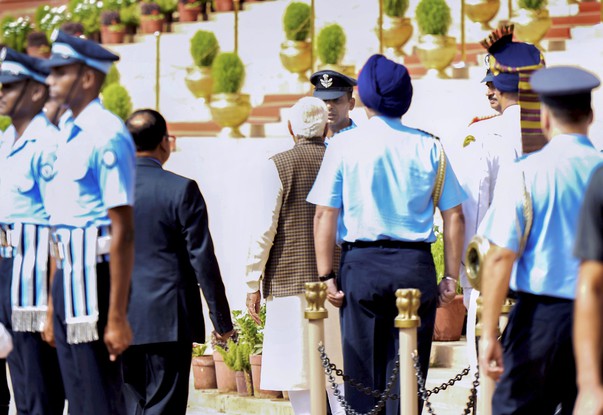
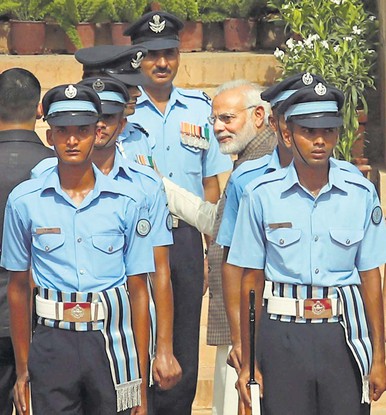
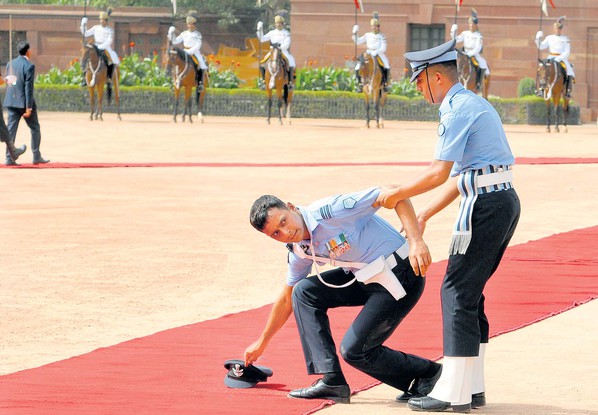
 PTI
PTI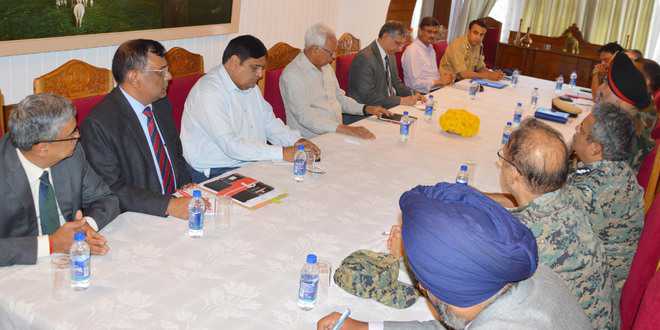
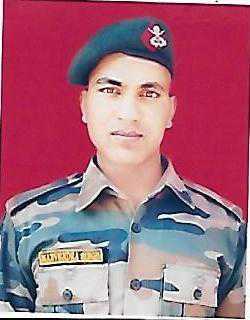
 VINAY SANTOSH KUMAR/HT
VINAY SANTOSH KUMAR/HT


